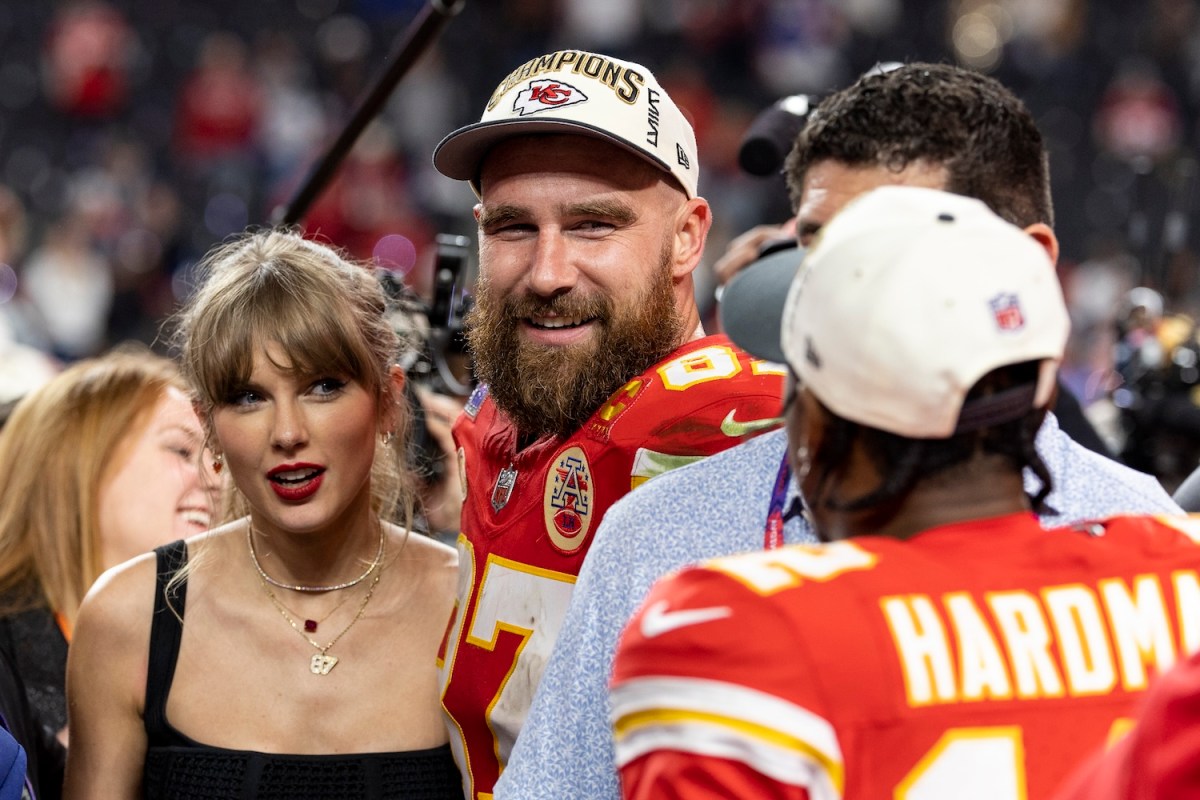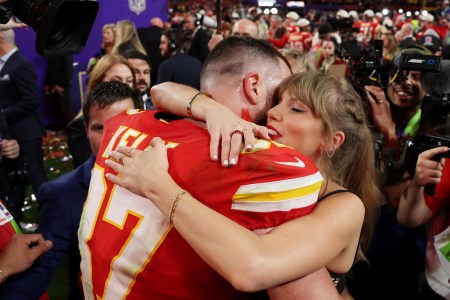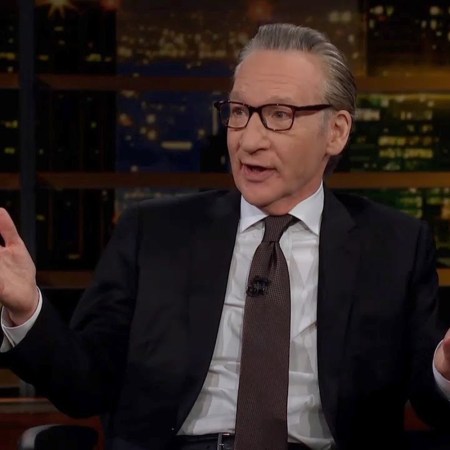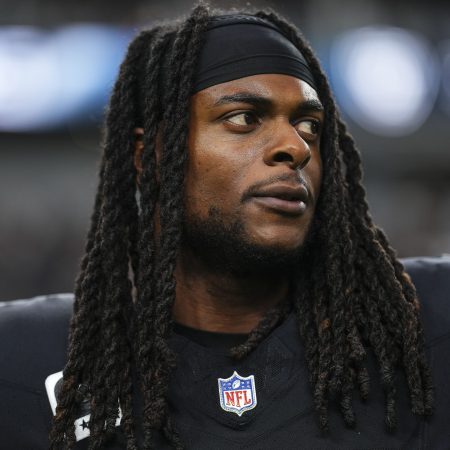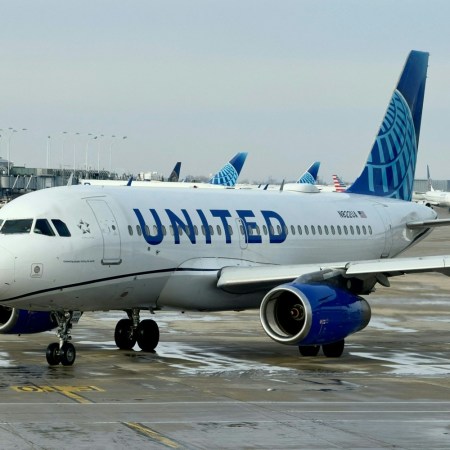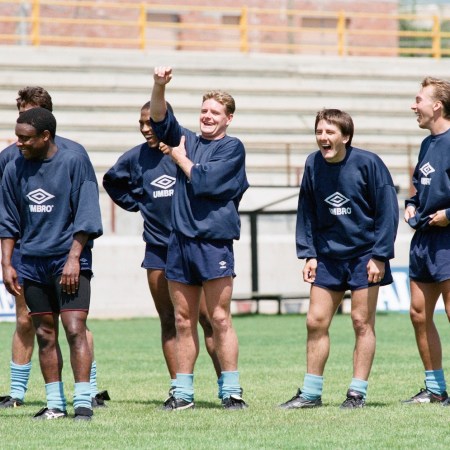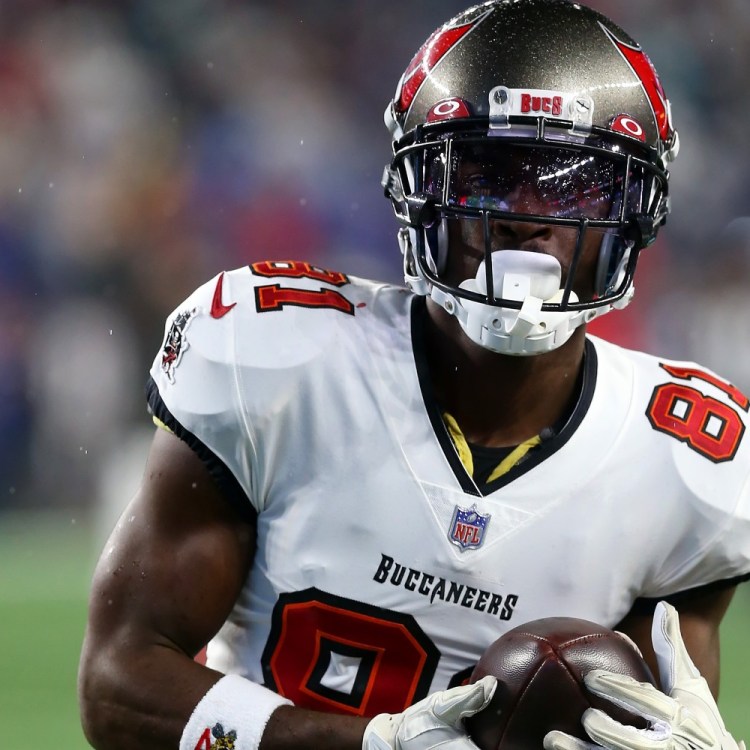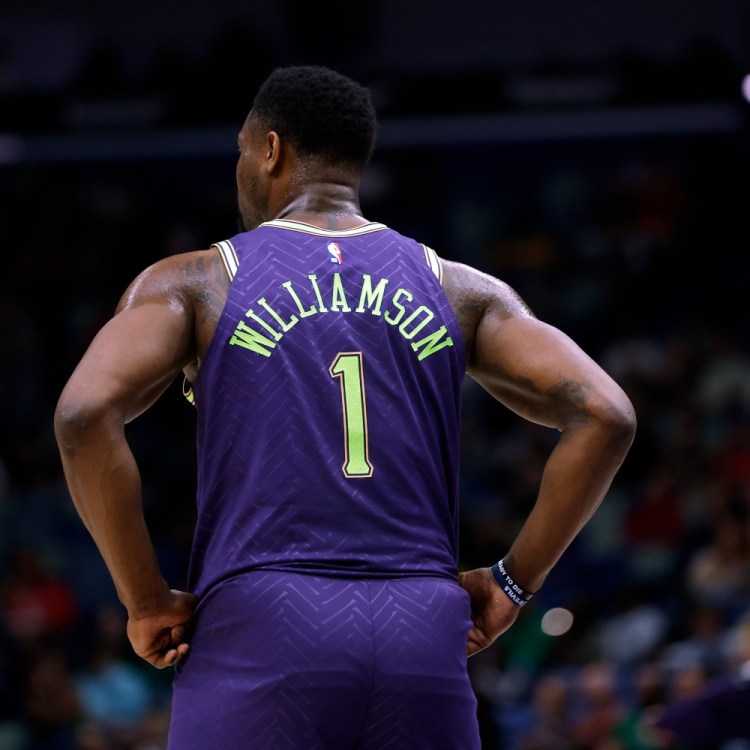From a football fan’s perspective, the Kansas City Chiefs were the big winners of Super Bowl 58. On the field, they were arguably crowned the most impressive dynasty in the history of the NFL. But perhaps the truest victors of this year’s Big Game resided off the field, presumably in corner offices with stellar skyline views.
CBS announced that viewership of the game reached a new all-time high, for any scheduled program ever, not just Super Bowls. Its average audience reached 123.4 million people in the United States, and 202.4 million people cumulatively watched at least part of the game, which was a figured 10% higher than last year’s Super Bowl.
Despite the Off-Field Hype, the Real Star of Super Bowl LVIII Was the Game Itself
Long live the monocultureFront Office Sports wrote that a “confluence of powerful factors” helped drive viewership up this year, including a matchup of two NFL teams with rich legacies — the Chiefs and the San Francisco 49ers — and the fact that the game was only the second Super Bowl to reach overtime. Further, of course there was the Taylor Swift Effect and “the allure of the first title game in Las Vegas.”
Prior to the game, CBS was already a big winner after charging roughly $7 million for 30-second commercial spots, another record. It was projected that the network would net $650 million in revenue from the broadcast and then likely exceeded it by as much as $60 million when the game’s overtime period compelled additional ad runs.
Las Vegas expected 150,000 extra visitors to the city as Super Bowl host this year. Per Front Office Sports, it was projected they would have a net economic impact on the city of $800 million. The Nevada Independent reported a new Super Bowl wagering record, too. Citing the Gaming Control Board, the publication said sportsbooks raked in $185.6 million in wagers on the game, translating into revenue of $6.8 million, a hold percentage of 3.7%.
And Taylor Swift wasn’t the only pop star to likely gain indirect monetary benefits from being associated with the Super Bowl. Halftime performer Usher was reportedly not compensated for his appearance, a common occurrence for the non-athletes who show up on TVs midway through the game. But he did earn an estimated $52.5 million in exposure, per Front Office Sports, as he leveraged the performance to promote his new album and upcoming tour.
Don’t take this rundown of the financial champs connected to the contest as overtly cynical. It’s all part of a vast football financial ecosystem, where a good portion of this money is deservedly funneled back to the players in some way, shape or form. (For example, NFL players get a large portion of the league’s revenue, including what comes in from broadcasting rights sales, which are bound to go up if Super Bowls keep breaking viewership records.) With such an incentive, they’re more motivated to perform at an increasingly elite level, boosting the quality of the league and the sport as a whole. So alongside those Chiefs, corporate executives, world-famous pop stars and their agents, and probably countless other Super Bowl stakeholders, the fans stand as co-winners, too.
Whether you’re looking to get into shape, or just get out of a funk, The Charge has got you covered. Sign up for our new wellness newsletter today.
